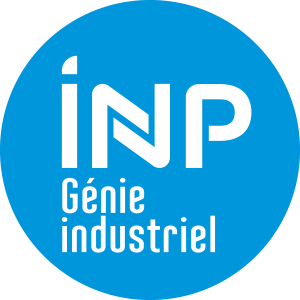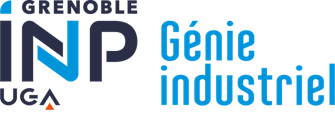Number of hours
- Lectures 15.0
- Projects -
- Tutorials -
- Internship -
- Laboratory works -
- Written tests 1.0
ECTS
ECTS 1.5
Goal(s)
Digitization is transforming a variety of markets from personal transportation services to advertising. Digitization affects eco-system of firm and industry and rises new risks and opportunities for sustainability. In the same time, Digital Transformation (DT) shifts Production process, Supply Chain management, Conception and Innovation towards new paradigms.
Value creation is evolving. Ecommerce has led to digital platform markets, such as Amazon, Deezer, etc. which are example of in two-sided markets. Digital peer-to-peer marketplaces such as Amazon, Airbnb, Alibaba, eBay, Blablacar, and Uber have enabled new types of transactions and are becoming an increasingly important part of the economy.
The course aims to bring students to acquire global knowledge of the transformations of markets, industries and processes due to digitization.
By participating and engaging in this course, students should be better able to analyze the evolution of economic environement that is driven by digitalization. Student should be able to propose synthetic survey and analysis of interactions between new and old economic players. They are expected to conduct critical analysis of the underlying hypotheses and of their results.
Students should be capable of presenting (oral and written) synthetic analysis of a problem, of demonstrating logical argument, of conducting individual and team work.
Content(s)
Part I - Overview of DT impacts
1. DT & Eco-system & Sustainability (
a. Overview of the DT perimeters and shapes (typology of outcomes, new processes, brakes and drivers of DT,…).
b. Exploration of the eco-system of the DT (networks, platform, new players, collaboration and partnership along the product life-cycle,…)
c. Sustainability opportunities and risk of the DT
2. Market, Value and Pricing:
a. Managing the digital transformation of the supply chain ; New Business Models of the digital SC
b. New value chain (creation, evaluation, sharing); New pricing design (dynamic prices, PSS pricing,…)
Part II - Indepth Case Studies
Case studies can come from Industrial partners or academic.
Economics
Exam1=Exam CC1,2=case study et other type of personal work
The course exists in the following branches:
- Curriculum - Engineer student Master SCM - Semester 7
- Curriculum - Engineer student Master PD - Semester 7
Course ID : 4GMC15B1
Course language(s): 
You can find this course among all other courses.
French State controlled diploma conferring a Master's degree

Common Core presentation
Programme courses S5
Programme courses S6
Supply Chain Management
Programme presentation
Programme courses S7
Programme courses S8
Programme courses S9
Programme courses S10
Product Design
Programme presentation
Programme courses S7
Programme courses S8
Programme courses S9
Programme courses S10
Contacts
Academic staff
- Head of studies:
Pierre Lemaire - Head of 1st Year Program:
Abdourahim Sylla - Head of Supply Chain Management Program:
Irène Gannaz - Head of Product design Program:
Yann Ledoux
Registrar's office
- Head of Registrar's office:
genie-industriel.scolarite@grenoble-inp.fr - Secretary's office 1st Year:
Valérie Demicheli - Secretary's office 2nd Year:
Sylvie Malandrino - Secretary's office 3rd Year:
Vincente Odier - International relations department:
Nadia Dehemchi



